Extending the lifecycle of products: insights from Fucina Frammenti
The inception of the Fucina Frammenti project was driven by the idea of reimagining the remnants of the production process as valuable resources.
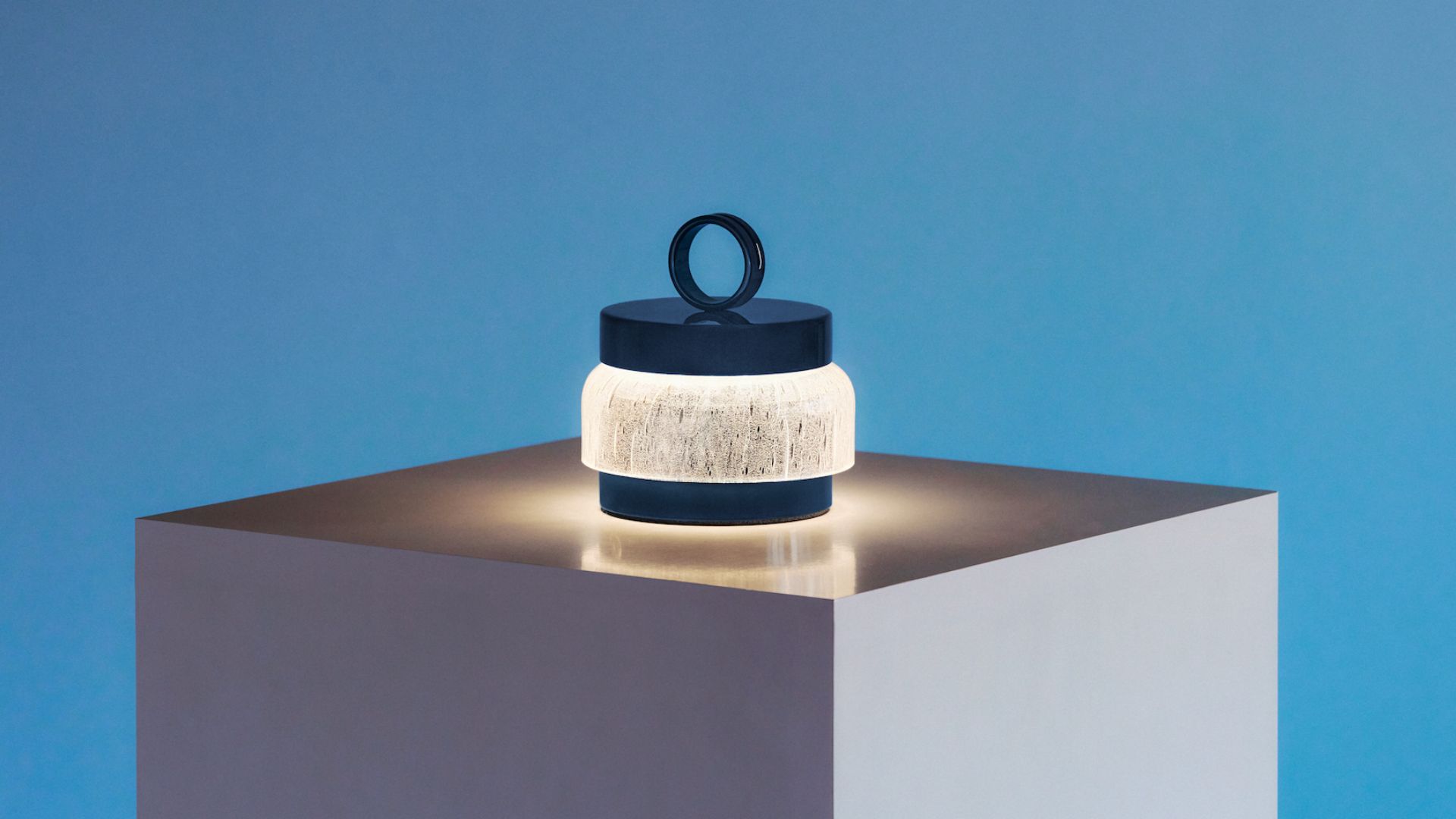
At the 2024 Milan Design Week, the ‘Enhance – Design for Social Impact’ exhibit will feature the Parigi 142 table lamp from Fucina Frammenti. This project is perfectly in line with the exhibition’s theme and, together with other curated designs, seeks to practically envision and share possible and alternative futures.
Launched in 2019, Fucina Frammenti embarked on a mission to uncover novel uses for Noble Waste, by-products of industrial and artisanal manufacturing processes. Noble Waste refers to materials that are either processed or semi-processed and could either contribute to a product manufactured by the company or be part of its production cycle.
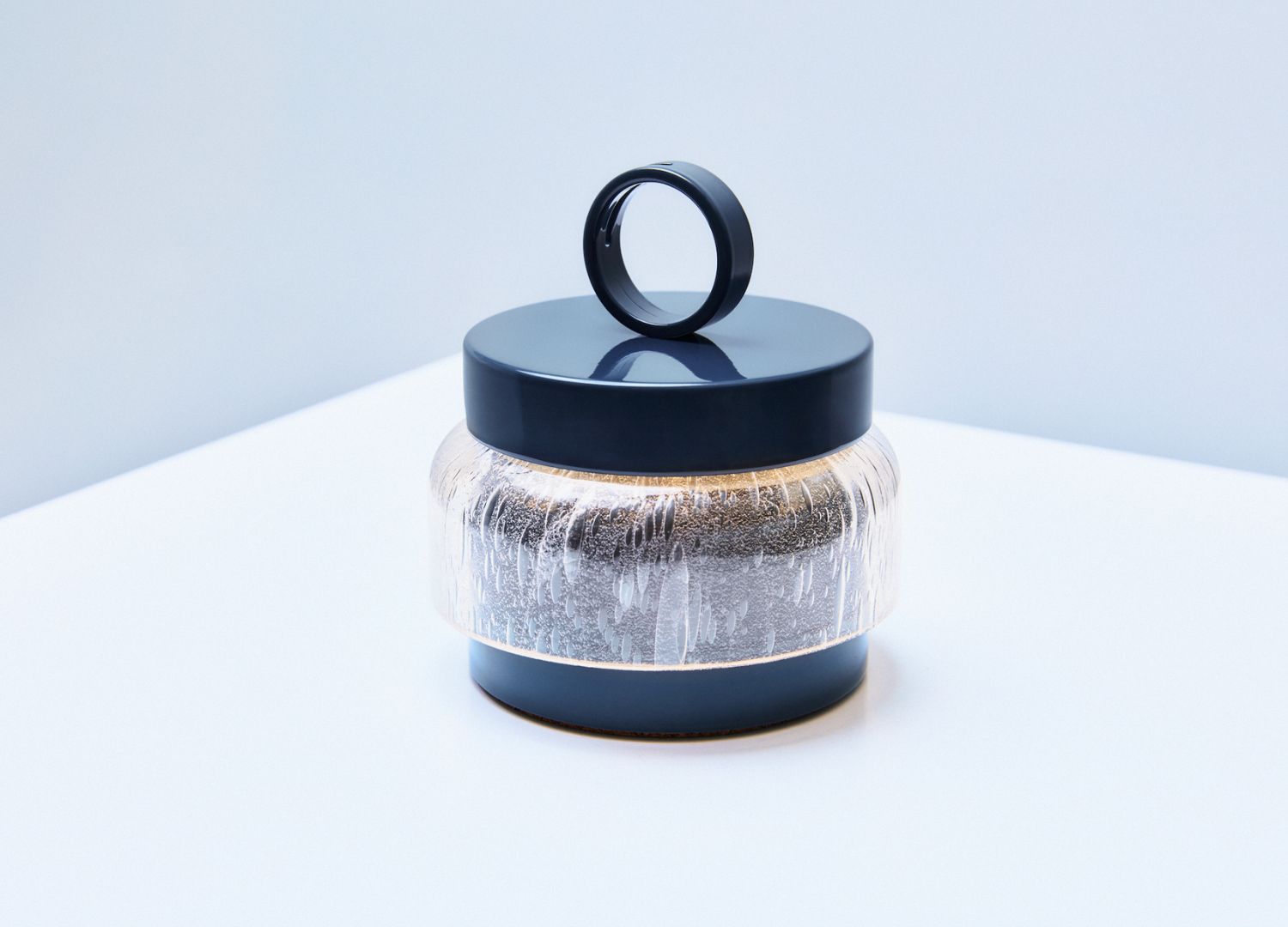
Within this context, and with the occasion of their participation to ‘Enhance – Design for Social Impact‘ exhibition, we posed some questions to the company’s founders.
Who is Fucina Frammenti? What is your background and design journey?
Fucina Frammenti:
“The Fucina Frammenti project was born around the need to consider the unused leftover from the production chain as a new resource. This approach, as opposed to the conventional design process, aims to propose a circular model of contemporary design that is mindful of the repercussions, whether social, environmental or energy-related. From this vision was created the brand Fucina Frammenti, which puts Noble Waste at the core of its limited editions.”

Why did you choose to focus on upcycling?
Fucina Frammenti:
“Turning Noble Waste into contemporary objects is the design process of Fucina Frammenti limited editions. All projects follow the guidelines of a formula, the Noble waste Mix. This “recipe” includes 4 ingredients: research, Noble Waste, energy impact, and positive supply chain. It means that each Fucina Frammenti concept follows a certain path of on-the-field research, experimentation, and study of new materials and production processes before becoming a product.
The vision is indeed to limit the environmental impact, change the original supply chain and trigger a positive flywheel on the local scale, by going to recover and enhance Noble Waste, where its production cannot be avoided.
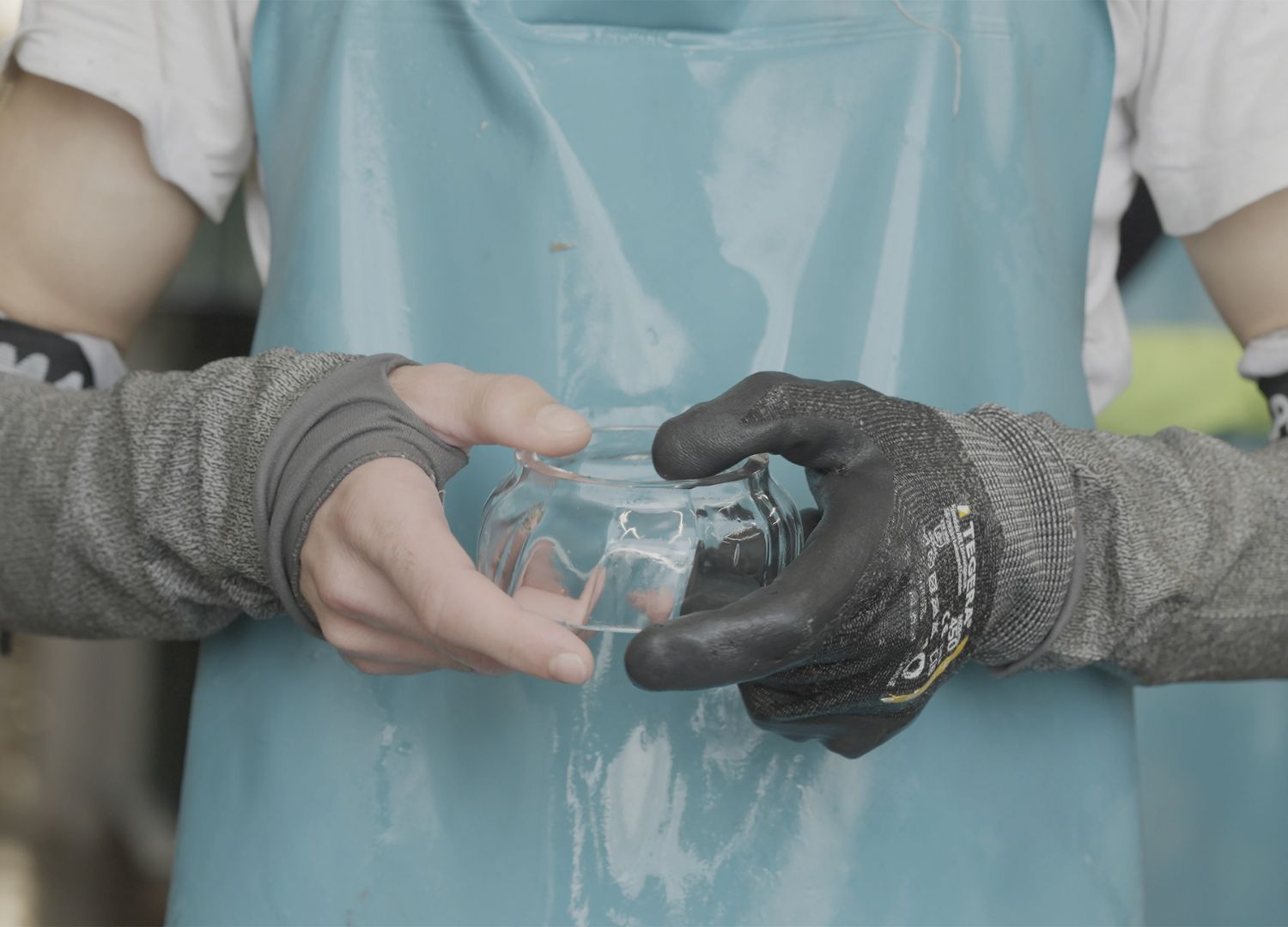
In order to do so, it is necessary to choose, day by day, to improve progressively. Because every small action can really make a difference. And the perfect recipe that reflects the circular production-consumption-reuse model is to be refined, which is precisely why the product catalog is constantly evolving and updating. A focus on sustainability also due to the fact that the number of Noble Waste is limited, and consequently so are Fucina Frammenti’s collections.”
From your experience, what components are essential for conceiving a circular economy on a broad scale?
Fucina Frammenti:
“Definitely a complex and combined set of actions at the same time, which should be monitored and improved, where and when possible. In order to ensure an impactful, long-term outcome, it is essential, in our belief, to begin with careful resource management by planning for a conscious use of energy. Our first possible action in this complicated process is to select and recover waste.”

How does prioritizing a circular economy affect the creative process? What aspects differ from a conventional design approach, and in what ways?
Fucina Frammenti:
“By starting from waste, the design process is completely overturned. There are no longer unlimited options, but precise design constraints, which push the designer to respect the characteristics of the material and its needs before focusing on strictly formal aspects. The goal is to solve (even if partially) a problem, without, of course, sacrificing aesthetic and functional solutions.”
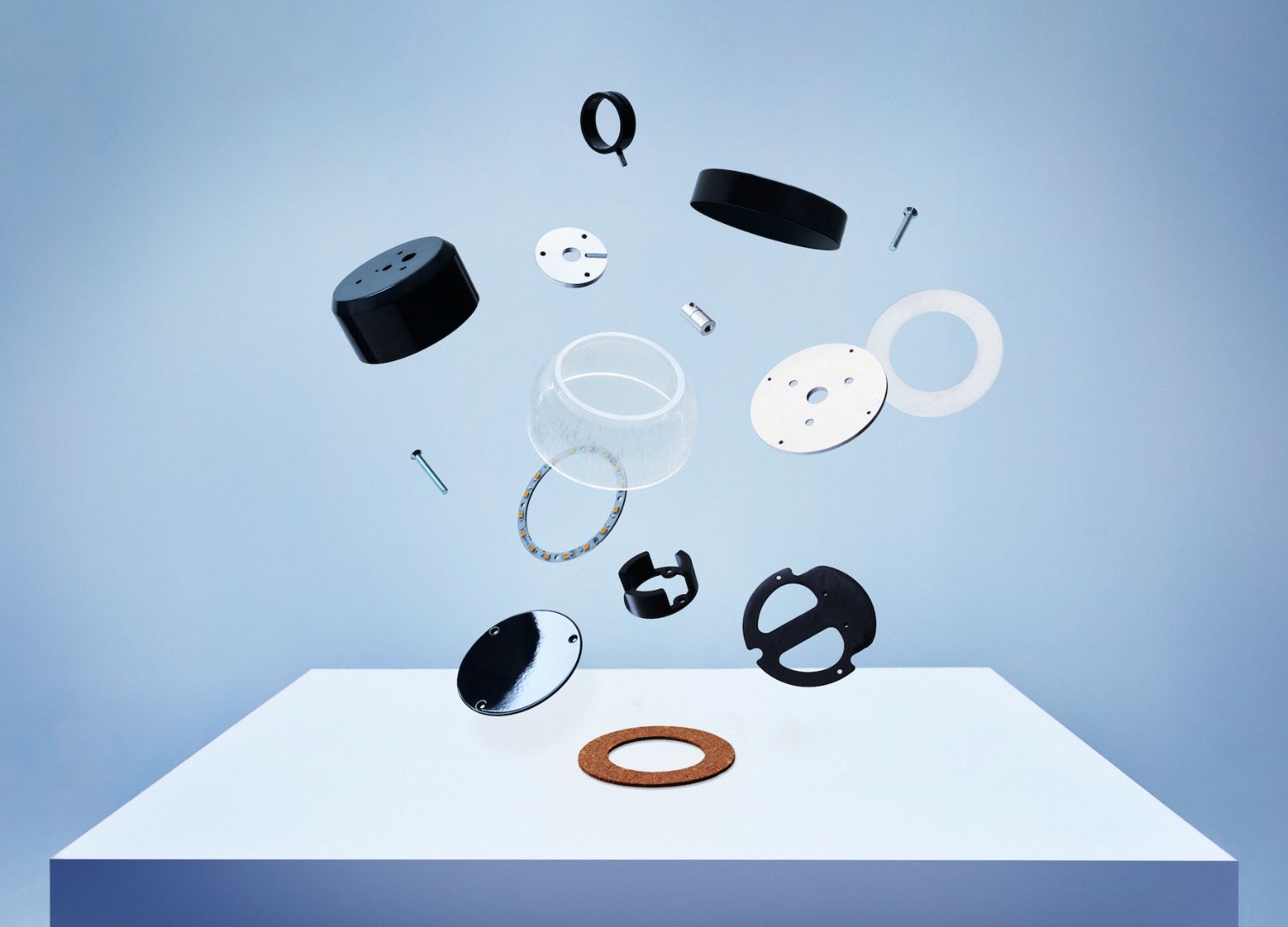
At the next Milan Design Week, within the Enhance exhibition created by DesignWanted, you will present the Parigi 142 tabel lamp. What is it about? How does it embody your approach to design?
Fucina Frammenti:
“The Parigi 142 table lamp is the first in a collection of lighting objects capable of displaying the potential of the practical application of the Noble Waste Mix philosophy, the foundation of the Fucina Frammenti collections. It was made starting from “galotta,” a Noble Waste from the Murano blown glass supply chain and the real protagonist of the project. The glass was recovered, studied and, through a series of design details, enhanced, as it takes on a new life through interaction with light.”









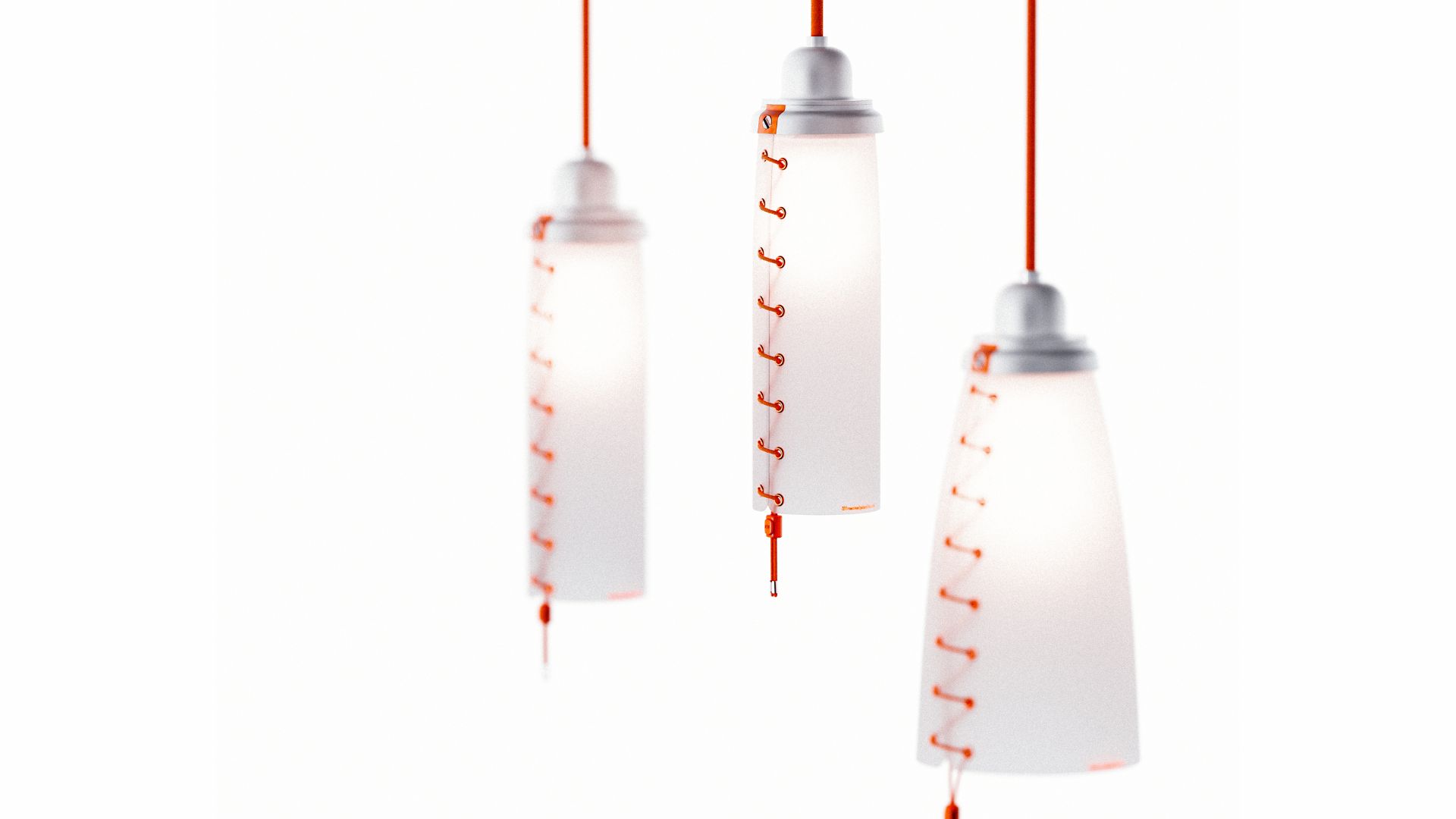
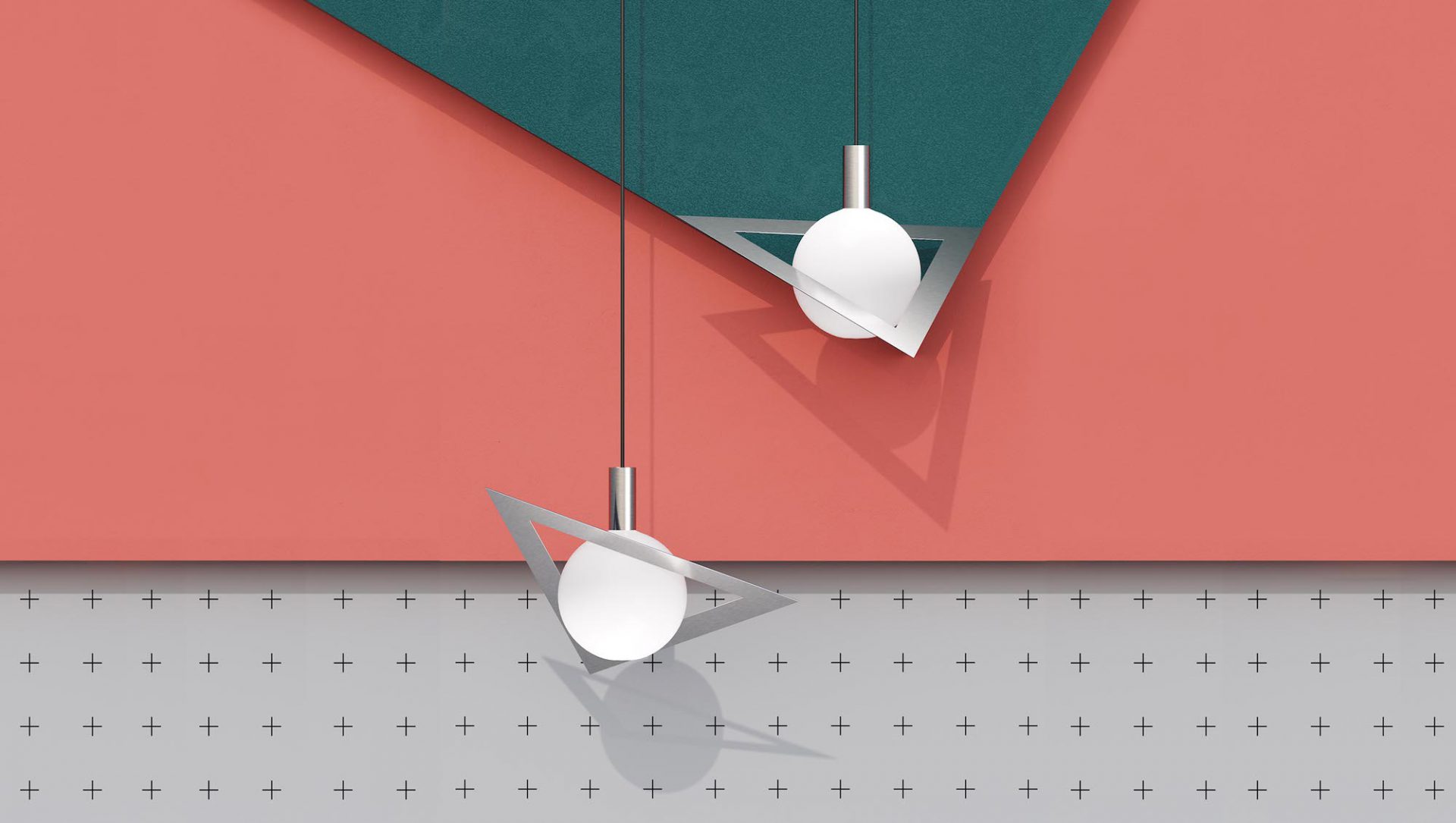
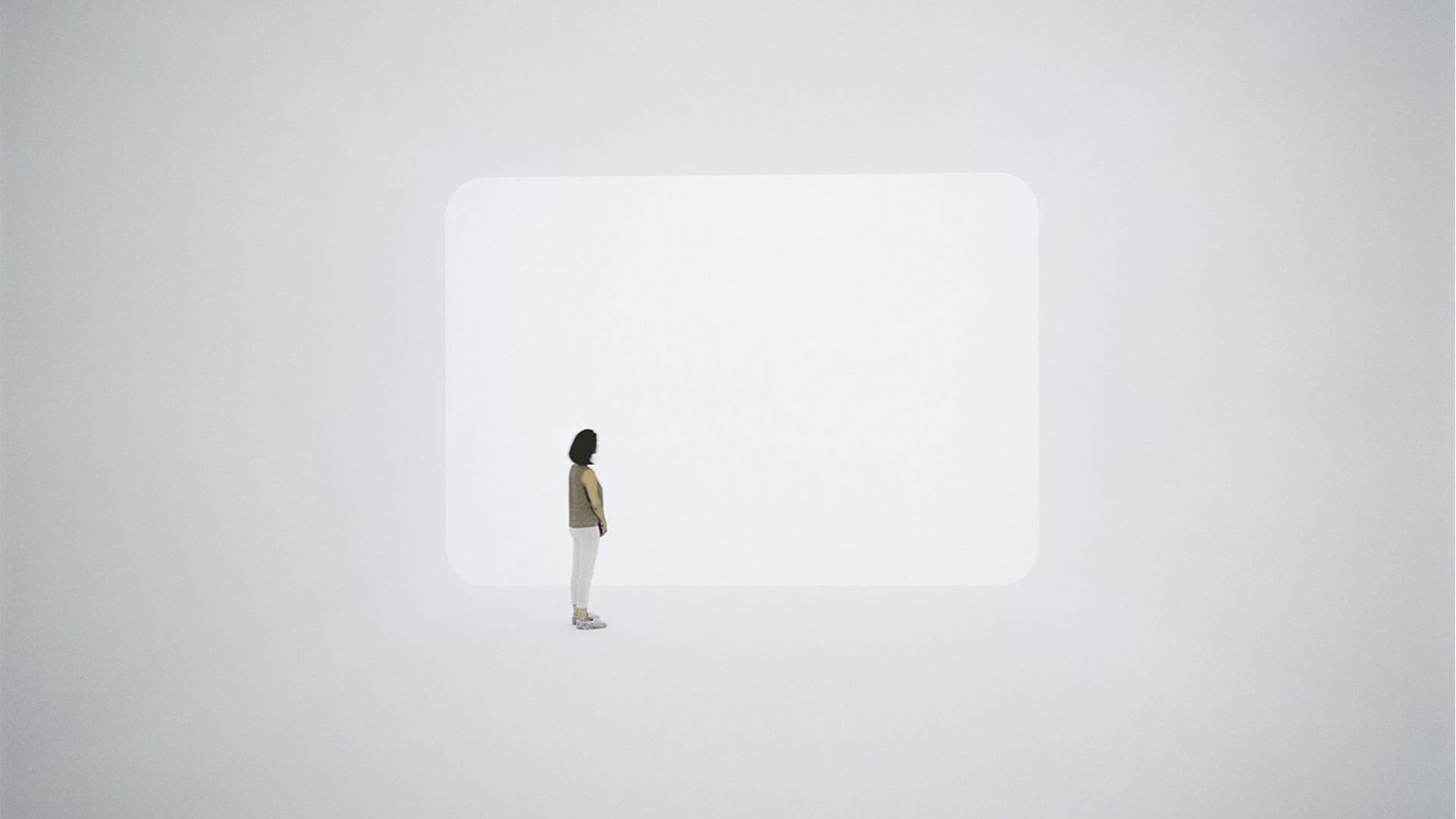
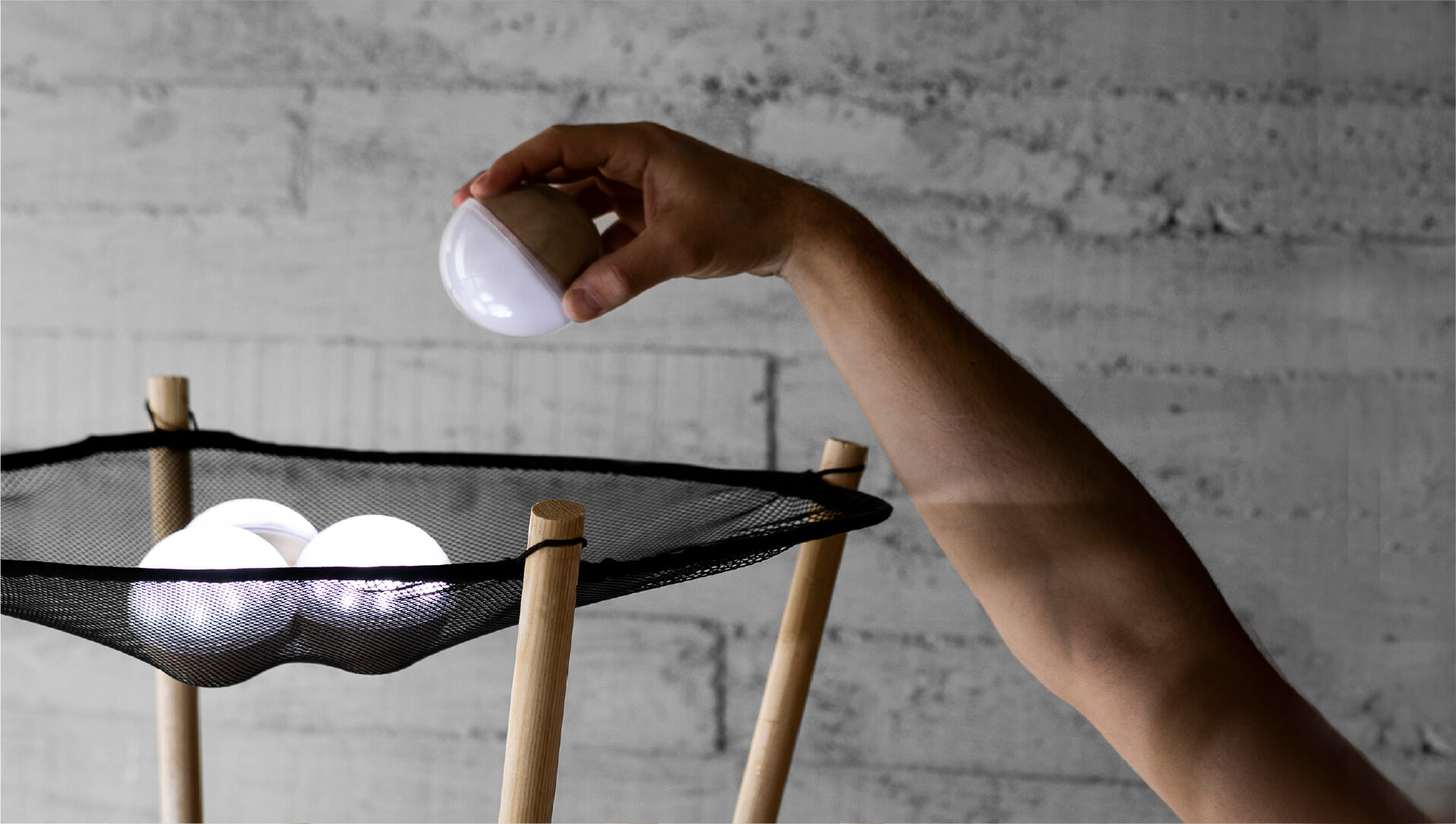
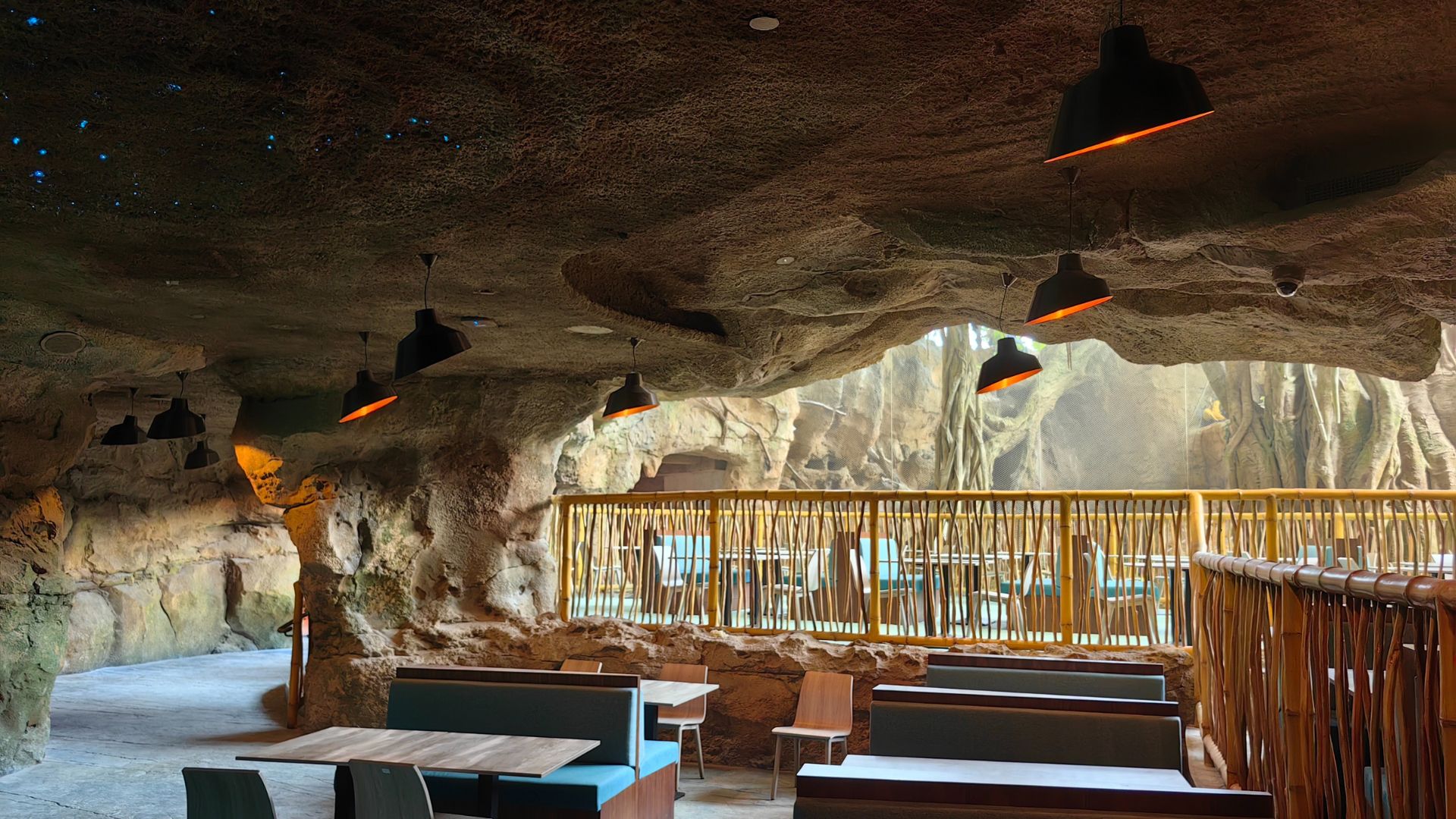
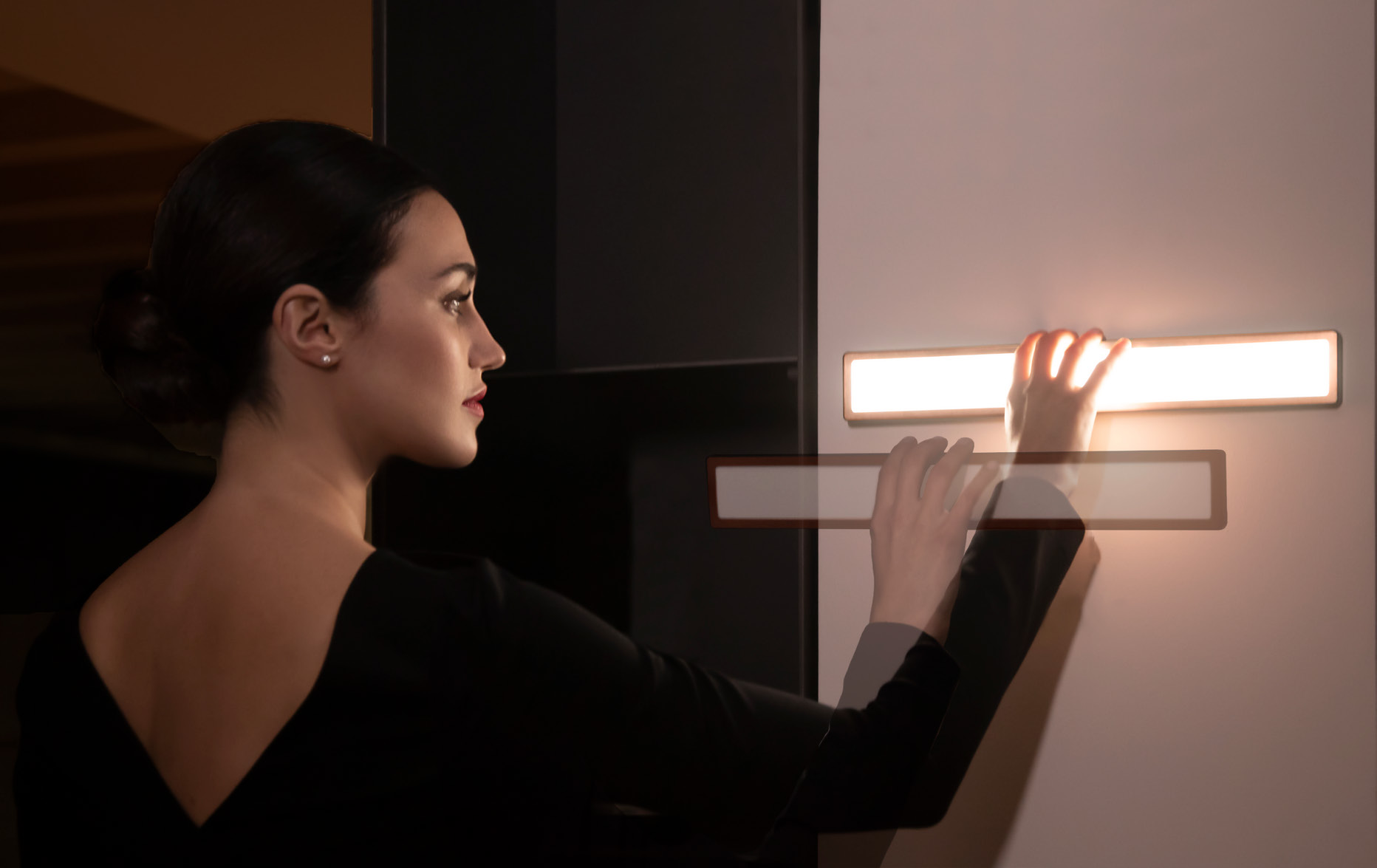

![Nut C lighting series by MZPA [mazepa] + Kononenko ID - Ukrainian Design](https://designwanted.com/wp-content/uploads/2022/02/Nut-lighting-series-by-MZPA-mazepa-Kononenko-ID-Ukrainian-Design-scaled-1-scaled.jpg)